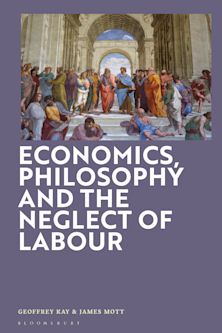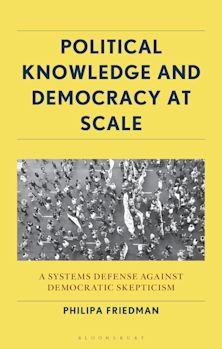- Home
- ACADEMIC
- Philosophy
- Social and Political Philosophy
- Divine Purpose and Heroic Response in Homer and Virgil
Divine Purpose and Heroic Response in Homer and Virgil
The Political Plan of Zeus
Divine Purpose and Heroic Response in Homer and Virgil
The Political Plan of Zeus
For information on how we process your data, read our Privacy Policy
Thank you. We will email you when this book is available to order
You must sign in to add this item to your wishlist. Please sign in or create an account
Description
Taking a critical perspective more political than that usually adopted by classicists, John Alvis demonstrates in this study that the Iliad, Odyssey and Aeneid each present a distinct political teaching regarding human ends and the form of civil society most conducive to the realization of those ends. Referring to the mysterious "plan of Zeus" announced in the opening lines of the Iliad but never explained, Alvis argues that both Homer's Zeus and Virgil's Jupiter guide their heroes to embody principles of natural justice that in turn found political constitutions. The Political Plan of Zeus represents the first comprehensive theory of the meaning of Zeus's providence in both Homeric poems, a new interpretation of the muse in Homer, and the first attempt to compare the Aeneid with Platonic-Aristotelian teaching on the nature of man and the problem of empire. This book will be of interest to upper-level undergraduates and scholars of politics, philosophy, and the classics.
Product details
| Published | 01 Aug 1995 |
|---|---|
| Format | Ebook (Epub & Mobi) |
| Edition | 1st |
| Extent | 320 |
| ISBN | 9780742577268 |
| Imprint | Rowman & Littlefield Publishers |
| Publisher | Bloomsbury Publishing |
About the contributors
Reviews
-
. . . thoughtful, learned, provocative, manifesting love of the beautiful and the virtuous that he discerns in Homer and Virgil, and finds to be worth a place in the political education of citizens in the American Republic.
Richard H. Cox, SUNY, Buffalo
-
In this brilliant study of the themes common to classical epic poetry and classical political philosophy, Alvis shows how poetic imagination can complement philosophic discourse in the mind's effort to grasp natural right as rooted in human nature.
Larry Arnhart, Northern Illinois University
-
John Alvis discovers a 'conversation' conducted by Virgil with Homer, which reveals that important themes of classical political philosophy are broached by both epic poets.
Eva T. H. Brann, St. John's College
-
This book will significantly enrich the study of the timeless ancient epics.
Joseph Cropsey, University of Chicago



































